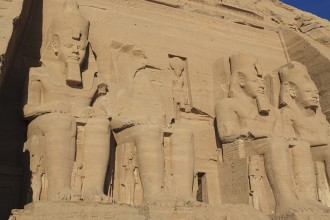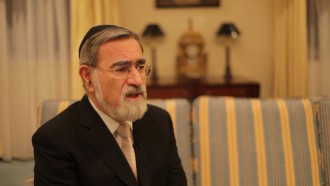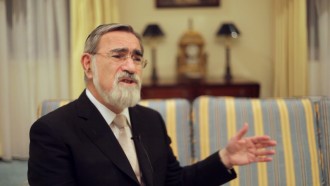
The Art of Asking Questions
SOCRATES (469-399 B.C.E.), the great Greek philosopher and mentor of Plato, was in the habit of asking disconcerting questions. To this day, persistent questioning…
Read More
SOCRATES (469-399 B.C.E.), the great Greek philosopher and mentor of Plato, was in the habit of asking disconcerting questions. To this day, persistent questioning…
Read More
Years after I left Cambridge I found myself watching a television documentary about the great Egyptian temples. They had been built some three thousand three hundred years ago by the pharaoh assumed by most scholars to be the ruler at the time of the Exodus: Rameses II. Lovingly, the camera took us…
Read More
On 27 January 2000, heads of state or senior representatives of 44 governments met in Stockholm to commit themselves to a continuing programme of Holocaust remembrance and the fight against antisemitism. Barely two years later, synagogues and Jewish schools in France and Belgium were being firebombed, and Jews were being attacked in the streets…
Read More
In Parshat Mishpatim we witness one of the great stylistic features of the Torah, its transition from narrative to law. Until now the Book of Exodus has been primarily narrative: the story of the enslavement of the Israelites and their journey to freedom. Now comes detailed legislation, the “constitution of liberty.”…
Read More
Jews are the people of the voice of hope in the conversation of Humankind…
Watch
In this new whiteboard animation, Rabbi Sacks explains why he is proud to be a Jew and what it is about Judaism that makes it so unique. This passionate appeal calls on Jews around the world, from across the political and religious spectrum, to connect to their people, heritage and faith.
Watch
Chief Rabbi Lord Jonathan Sacks explains the central question in Judaism, “Why do Bad Things Happen to Good People?”
Watch